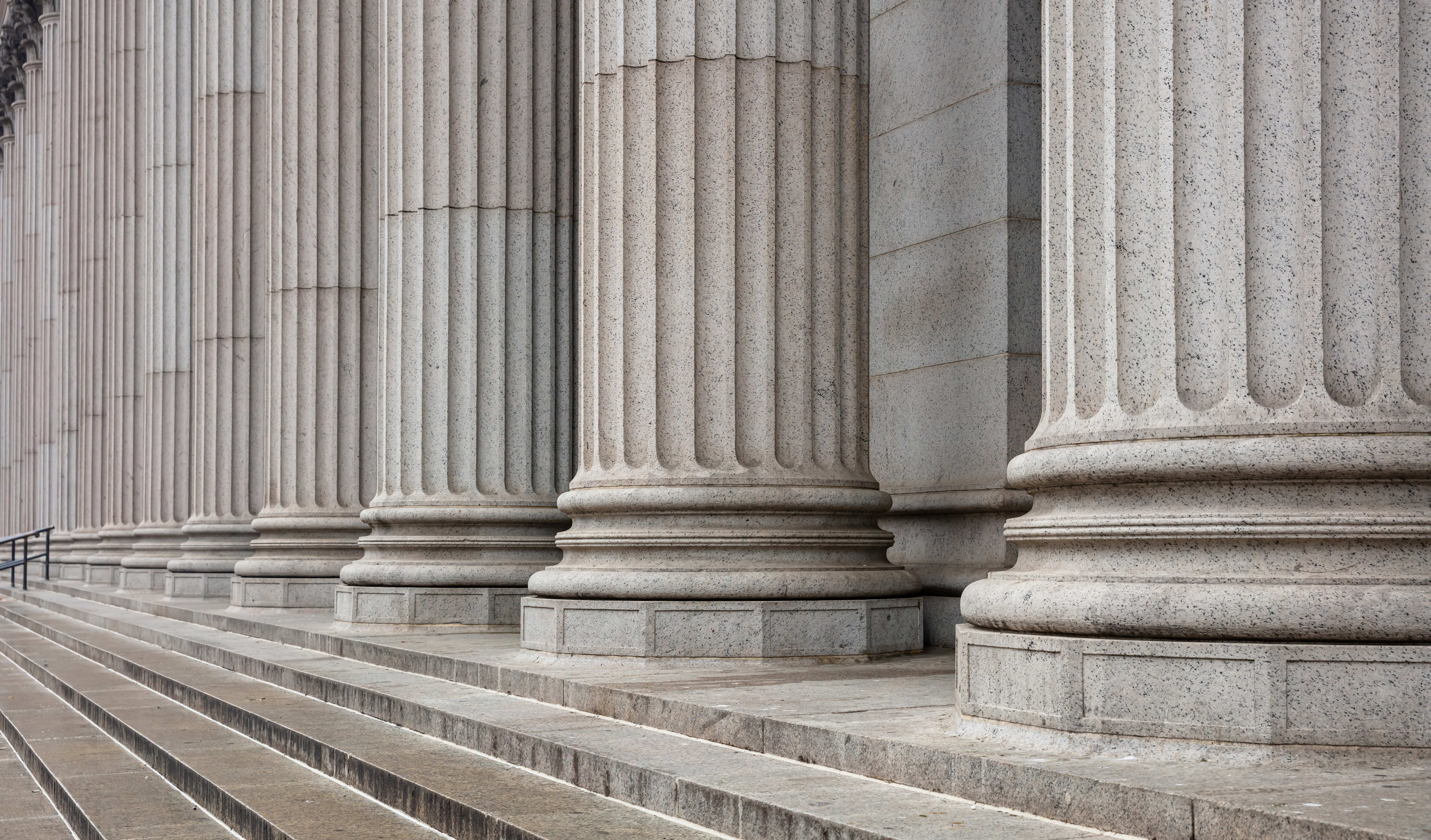McCutchan v. Nicholson
Case Snapshot
Texas law permits religious leaders and judges to officiate weddings. A secular humanist group filed a lawsuit seeking to have its secular celebrants allowed to officiate as well, even though they are admittedly not religious and generally antireligious. Becket filed a friend-of-the-court brief in the case supporting neither party. Rather, Becket urged the court to preserve America’s historic and constitutional understanding of religion in its ruling to avoid damaging legal protections for sincere religious believers.
Status
Share this Case

Case Summary
Texas’s marriage law
Texas law has long specified who may officiate marriages. Christian ministers and priests, rabbis, and as well as federal and state judges in Texas are authorized to perform wedding ceremonies and sign marriage licenses. Texas law also, more broadly, permits an officer of any “religious organization” to officiate weddings. Anyone else who conducts a ceremony without that authority commits a criminal offense and risks fines.
The Center for Inquiry (CFI), a secular humanist group, sought to change that. CFI offers secular marriage ceremonies and runs a “secular celebrant” program to certify members who wish to officiate weddings. One member, Eric McCutchan, wanted to officiate marriages for couples in Texas. But because he could not officiate weddings under current law, he and CFI filed a federal lawsuit seeking to have their secular celebrants authorized to officiate marriages.
What is religion?
This case raises a crucial question: what counts as “religion” under the law? CFI acknowledged that it is not a religion nor a religious organization, and does not wish to be treated as such. Yet it is asking that its celebrants be recognized in the same way as clergy and other religious leaders are under the law. To this end, CFI has asserted that its rights were being violated by Texas law. In response, Texas argued that CFI was, in fact, a religious organization and therefore was already authorized by Texas law to officiate marriages. The district court disagreed. Although it dismissed the lawsuit on procedural grounds, it still rejected Texas’s argument that CFI was “religious” in nature. The court found that interpreting “religion” and “religious” to include CFI ignores our nation’s historical and legal understanding of what religion is. The court expressed concern that to find otherwise would set a dangerous precedent that would negatively affect genuine religious groups. McCutchan and CFI then appealed the ruling to Fifth Circuit.
“Religion” should be understood according to history and tradition
Becket filed a friend-of-the-court brief at the Fifth Circuit in support of neither party, arguing that the court should define religion consistent with the term’s meaning at the nation’s Founding. In his Memorial and Remonstrance Against Religious Assessments, James Madison described religion as “the duty which we owe to our Creator and the manner of discharging it.” The Supreme Court has consistently applied that understanding. This inclusive view covers diverse faith traditions—including Christianity, Judaism, Islam, Hinduism, Buddhism—that affirm a transcendent authority or truth. But it does not extend to organizations like CFI that explicitly deny the transcendent altogether. Preserving that line ensures that protections for religious liberty remain strong and coherent in a diverse society.
The case is not about whether couples in Texas may choose a non-religious wedding ceremony; they already can, by having a judge officiate. It is about ensuring that the word “religion” keeps its historic, traditional, and constitutional meaning. If “religious organizations” can include such groups as the Boy Scouts, Sierra Club, Rotary International, Lions Club, or even the Dallas Cowboys, the term would lose all meaning.
Importance to Religious Liberty:
- Public square: Religious organizations are crucial to maintaining a free society. Expanding the definition of religion to include avowedly non-religious organizations would put authentically and sincerely faithful communities at risk of losing the protections they need to freely carry out their religious work and missions. Further, this ensures that religion does not become a proxy for personal or political ideology.